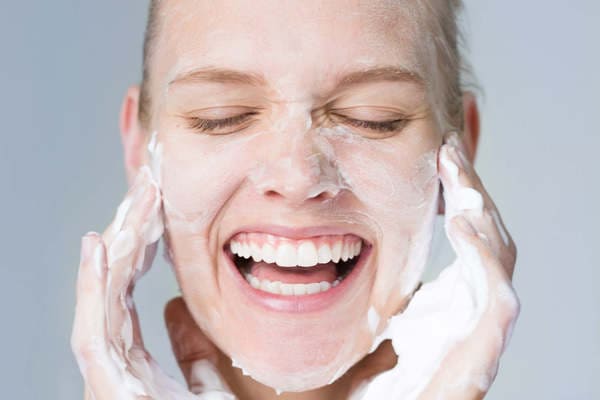As we age, our skin undergoes several changes that lead to the appearance of fine lines, wrinkles, and age spots. While these changes are a natural part of the aging process, they can be accelerated by various factors such as exposure to sunlight, pollution, and smoking. In this article, we’ll delve into the science behind skin aging and explore how anti-aging skincare products can help combat these changes.
The Anatomy of Skin
To understand how skin aging occurs, it’s essential to understand the anatomy of the skin. The skin is the largest organ of the body and is composed of three layers: the epidermis, dermis, and subcutaneous tissue. The epidermis is the outermost layer of the skin and is responsible for protecting the body from external factors. The dermis lies beneath the epidermis and contains collagen and elastin fibers, which provide structure and elasticity to the skin. The subcutaneous tissue is the deepest layer of the skin and contains fat cells that provide cushioning and insulation to the body.
The Science Behind Skin Aging

As we age, the production of collagen and elastin fibers in the dermis decreases, leading to the formation of wrinkles and sagging skin. Furthermore, the skin’s ability to retain moisture decreases, which can lead to dryness and the appearance of fine lines. Additionally, exposure to UV radiation from the sun can cause damage to the skin cells, leading to the formation of age spots and uneven skin tone.
Anti-Aging Skincare Products

Anti-aging skincare products are designed to combat the signs of aging by targeting the underlying causes. These products typically contain ingredients such as retinol, vitamin C, and hyaluronic acid, which have been shown to improve collagen production, reduce the appearance of fine lines and wrinkles, and improve skin hydration.
- Retinol: A derivative of vitamin A, retinol stimulates collagen production and helps to improve skin texture and tone.
- Vitamin C: An antioxidant that helps to protect the skin from UV damage and stimulates collagen production.
- Hyaluronic Acid: A natural compound that helps to retain moisture in the skin, reducing the appearance of fine lines and wrinkles.
It’s important to note that while anti-aging skincare products can help to improve the appearance of the skin, they cannot reverse the signs of aging entirely. Additionally, it’s essential to use these products as part of a comprehensive skincare routine that includes daily sunscreen use, a healthy diet, and regular exercise.
While aging is a natural part of life, there are steps we can take to help combat the signs of aging and keep our skin looking healthy and radiant. By understanding the science behind skin aging and using anti-aging skincare products as part of a comprehensive skincare routine, we can help to minimize the appearance of fine lines, wrinkles, and age spots, and maintain youthful-looking skin for years to come.

